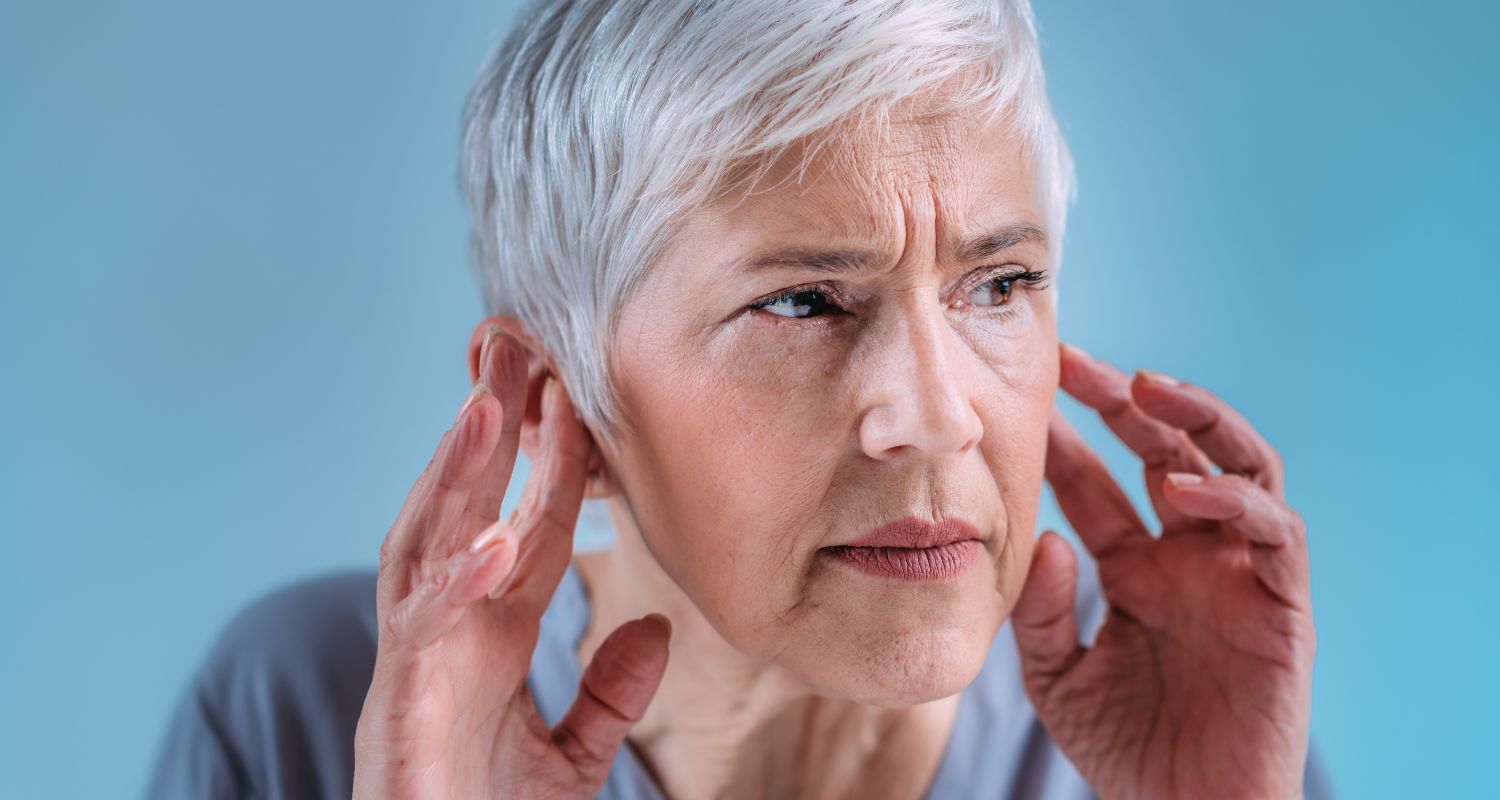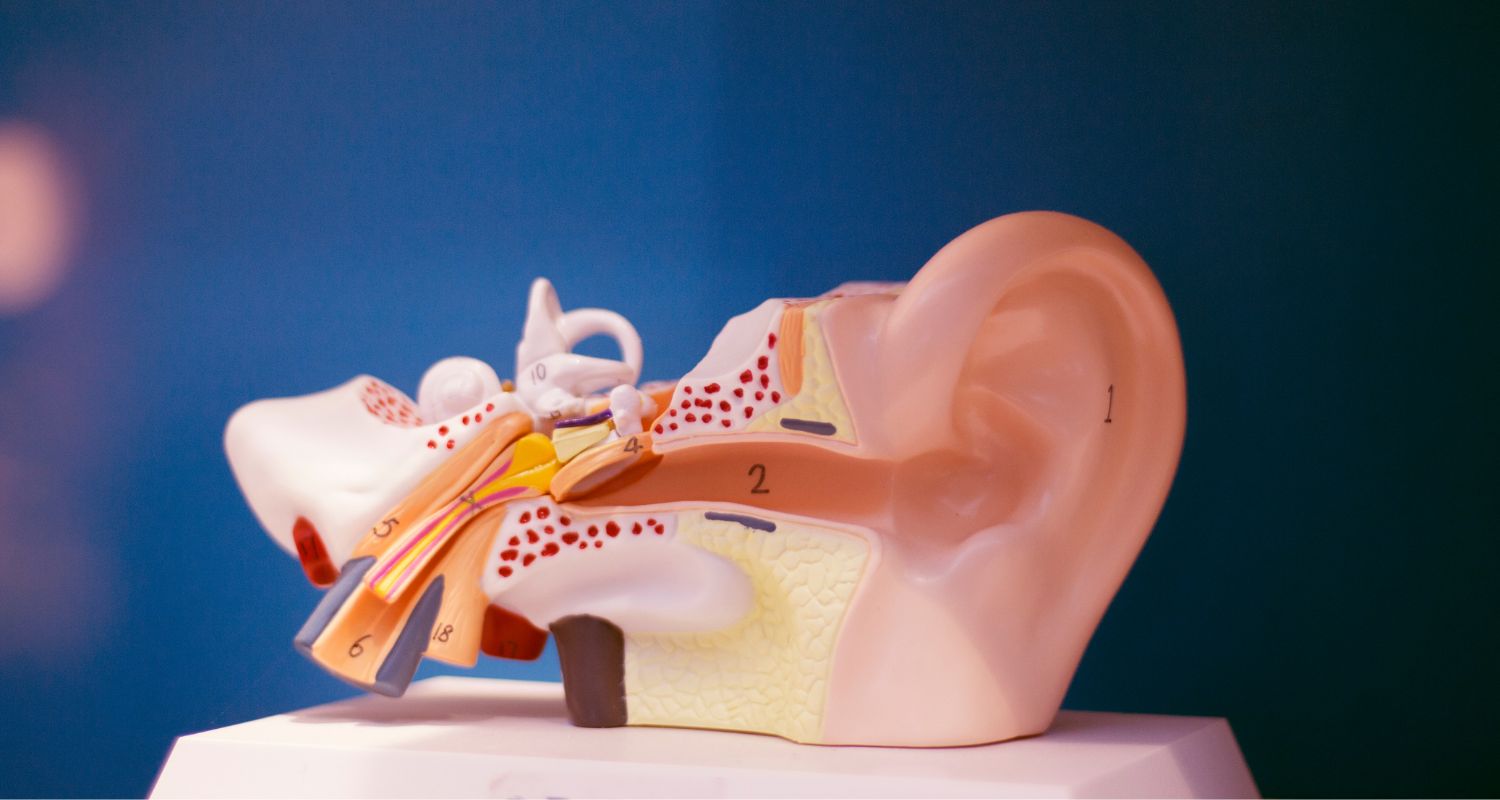Do You Have Hearing Loss?
Did you know that nearly 1 in 6 people have some degree of hearing loss? Hearing loss is the third most common health condition people experience today. Affecting over 48 million people, hearing loss is pervasive. So if you suspect your hearing has changed, you are not alone. Being able to recognize hearing loss symptoms can better help you address changes you may experience to your hearing health. It takes an average of 7 years for people to seek treatment for hearing loss and this delay in treatment can worsen hearing as well as the multifaceted effects it has on everyday life.
It is important to know that there is a wide range of hearing healthcare services, resources, and solutions you can access that transforms your hearing health. Treatment offers life-changing benefits that not only improve hearing but also overall health and quality of life.
Early Signs of Hearing Loss
Hearing loss typically occurs gradually over a longer period of time. So people may not notice symptoms for quite some time. We encourage you to take some time to ask yourself if you ever experience any of the following:
- Tinnitus: often called “ringing in the ears” is a ringing, buzzing, or clicking-like noise heard in one or both ears when no external sound is present.
- Sounds are slurred, muffled, or distorted.
- Difficulty hearing especially in environments with background noise.
- Having to ask others to repeat what they’ve said, speak louder, and/or slower.
- Lip reading to identify individual words.
- Missing words or parts of a conversation.
- Increasing the volume on the TV and/or other electronic devices.
- Hearing more clearly out of one ear compared to the other.
- Experiencing miscommunication, and struggling to keep up with conversations.
- Feeling fatigued after conversations and social interactions.
These symptoms make it challenging to engage in conversations. So people often keep communication short and avoid conversations as much as possible. Social withdrawal is another sign of hearing loss which can look like spending less time with loved ones and participating less in activities/hobbies. Strained communication affects relationships, social life, and also one’s health.
Untreated hearing loss also increases health risks. Extensive research shows that hearing loss can increase the risk of cognitive decline, depressive symptoms, and accidental injuries. Recognizing these symptoms and addressing them as early as possible can significantly help protect hearing health.
Common Causes of Hearing Loss
Numerous factors can cause hearing loss. A few of the most common causes include:
- Aging: aging is one of the most significant indicators of hearing loss. 1 in 3 adults, ages 65-74, and 1 in 3 adults, ages 75 and above have hearing loss. Known as presbycusis, age-related hearing loss can occur as a result of a lifetime of loud noise exposure, changes to the ear, or existing medical conditions that are linked to hearing loss.
- Loud noise: time or regular exposure to loud noise can damage the hair cells in the inner ear. These sensory cells send auditory information to the brain. Loud noise can desensitize and weaken these cells, preventing them from processing incoming sound waves.
- Medical conditions: research shows that a number of medical conditions increase the risk of hearing loss. This includes cardiovascular disease, hypertension, and diabetes. These conditions impact blood vessels and blood flow throughout the body including the ears which then can impact how sound is absorbed and processed.
Additional causes include head injuries, ototoxic medications, inner ear disorders, and chronic ear infections. Fortunately, there are effective ways hearing loss is treated which increase hearing capacity.
Treatment
There are effective solutions for hearing loss that alleviate symptoms and maximize hearing capacity. The first step is to have your hearing evaluated by a hearing healthcare specialist. This involves a painless and noninvasive process that measures your hearing capacities in both ears. Hearing assessments identify the type of hearing loss and degree of impairment you could be experiencing in each ear. Once the specifics of your hearing loss are identified, your hearing healthcare provider will recommend tailored treatment options to best support your hearing needs.
Hearing aids are a common way hearing loss is treated. These innovative electronic devices are designed to absorb, amplify, and process speech as well as sound. This provides the ears and brain with ample hearing support which strengthens communication. Treatment offers life-changing benefits including improving relationships, social life, and overall health. Contact us today to schedule an appointment for a hearing consultation.







Leave A Comment